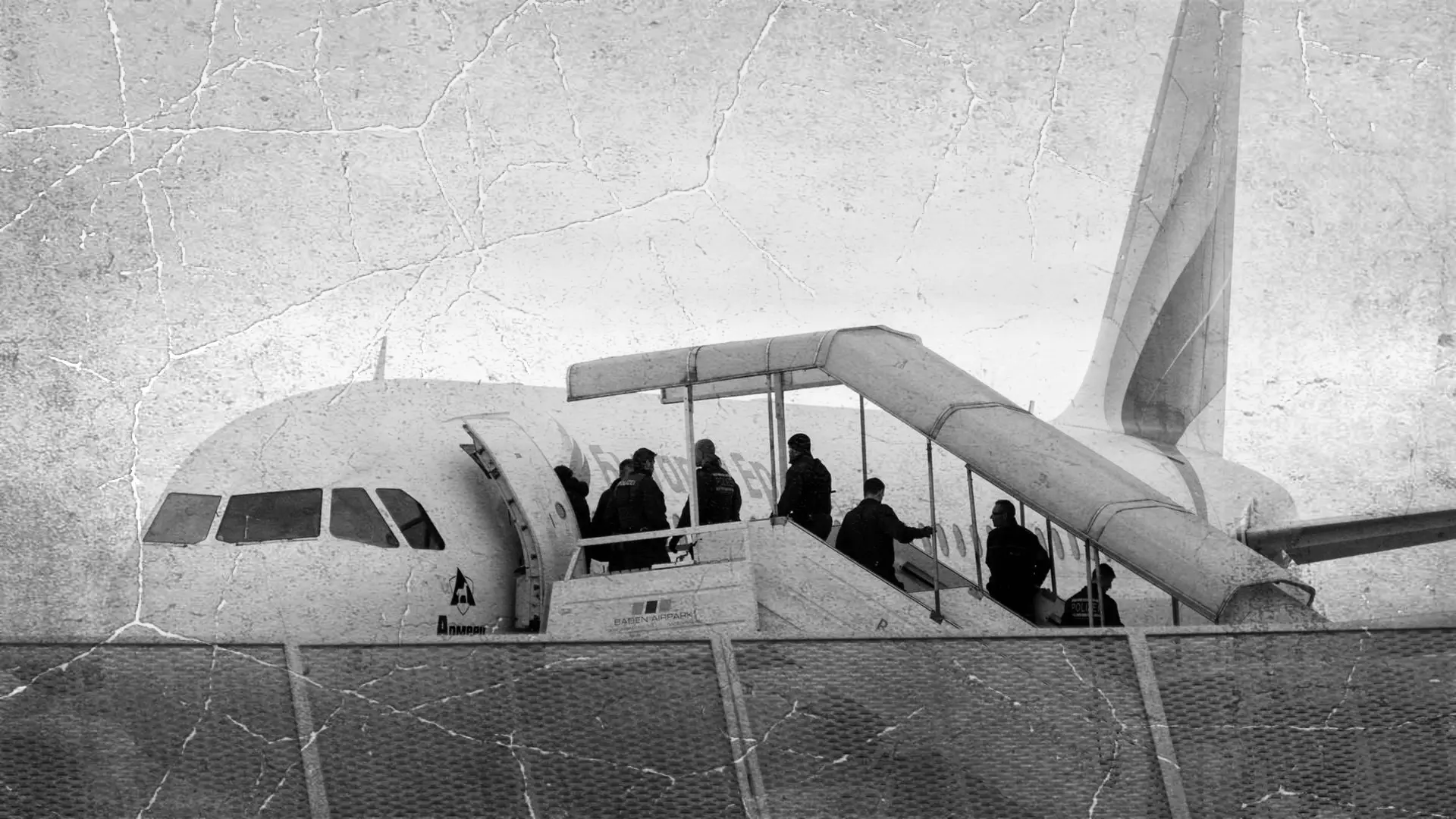The Naumburg Case and the Failed Deportation of a Syrian Family.
On the morning of May 12, 2025, a group of officers entered an elementary school in Naumburg, Saxony-Anhalt. In the classroom, a physical education lesson was underway. Laughter, movement, normalcy. But for one student – a ten-year-old Syrian girl – the day ended in tears, screams, and the sudden realization that in Germany, no place is guaranteed to be safe. Not even the classroom.
What may seem like an isolated incident is, in truth, the culmination of an increasingly harsh deportation policy, in which law has long taken precedence over humanity. The student was removed from class in front of her classmates by police officers – because her family was to be deported. The destination: Bulgaria. A country where, according to authorities, the family already holds protected status. But the deportation flight failed. Not for legal reasons – but because the children screamed loudly.
The airline crew refused to take the family on board. The children screamed and cried, and the father allegedly encouraged them to do so. A family on the brink of despair, caught between a deportation order and a plane ticket – and in the end, too loud for enforcement.
What remains is a bitter aftertaste: A child was pulled from a protected space. A school became the stage for state force. Teachers, children, and parents all became witnesses to a scene that should not occur in a democratic constitutional state.
The Ministry of the Interior and the responsible district authority remain silent. The incident is being reviewed, they say. A final assessment will not be made until next week. But one thing is already clear: This was not the first attempt. A previous deportation effort had already failed. An emergency motion against the measure was rejected by the Administrative Court in Halle – citing the family's existing protected status in Bulgaria.
But legally correct does not mean morally justifiable.
The family had – according to authorities – received several offers for voluntary departure, all of which were formally rejected. That is noted in the official record. But what is not recorded: the fear, the panic, the inner disintegration that arises when children witness their parents being taken away. When the gym becomes a border crossing.
Several days before the deportation attempt, according to members of the state parliament, the family had stopped sleeping in their assigned housing. They would only return in the mornings. Signs of evasion? Or simply fear?
The reactions have been clear. Human rights organizations, teachers’ unions, refugee advocacy groups – all have condemned the incident in strong terms. The Refugee Council of Saxony-Anhalt has called for a clear ban on deportations from educational institutions. The teachers’ union GEW refers to its guidelines for dealing with the threat of deportation and urges schools to show solidarity.
One thing is certain: This deportation may have been legally sanctioned. But it was morally wrong.
At a time when isolation is being sold once again as strength and bureaucracy is valued over empathy, we need clear voices – in defense of protected spaces, of children, of basic humanity.
A child cries. The state cracks down. And society is faced with the question: Are we really going to let this stand?
American-style ICE conditions are increasing in Germany. What has long been standard practice in places like Phoenix, El Paso, or Louisiana – the removal of migrants from schools, churches, hospitals – is now happening in Saxony-Anhalt. This is a disturbing development. And a wake-up call.
